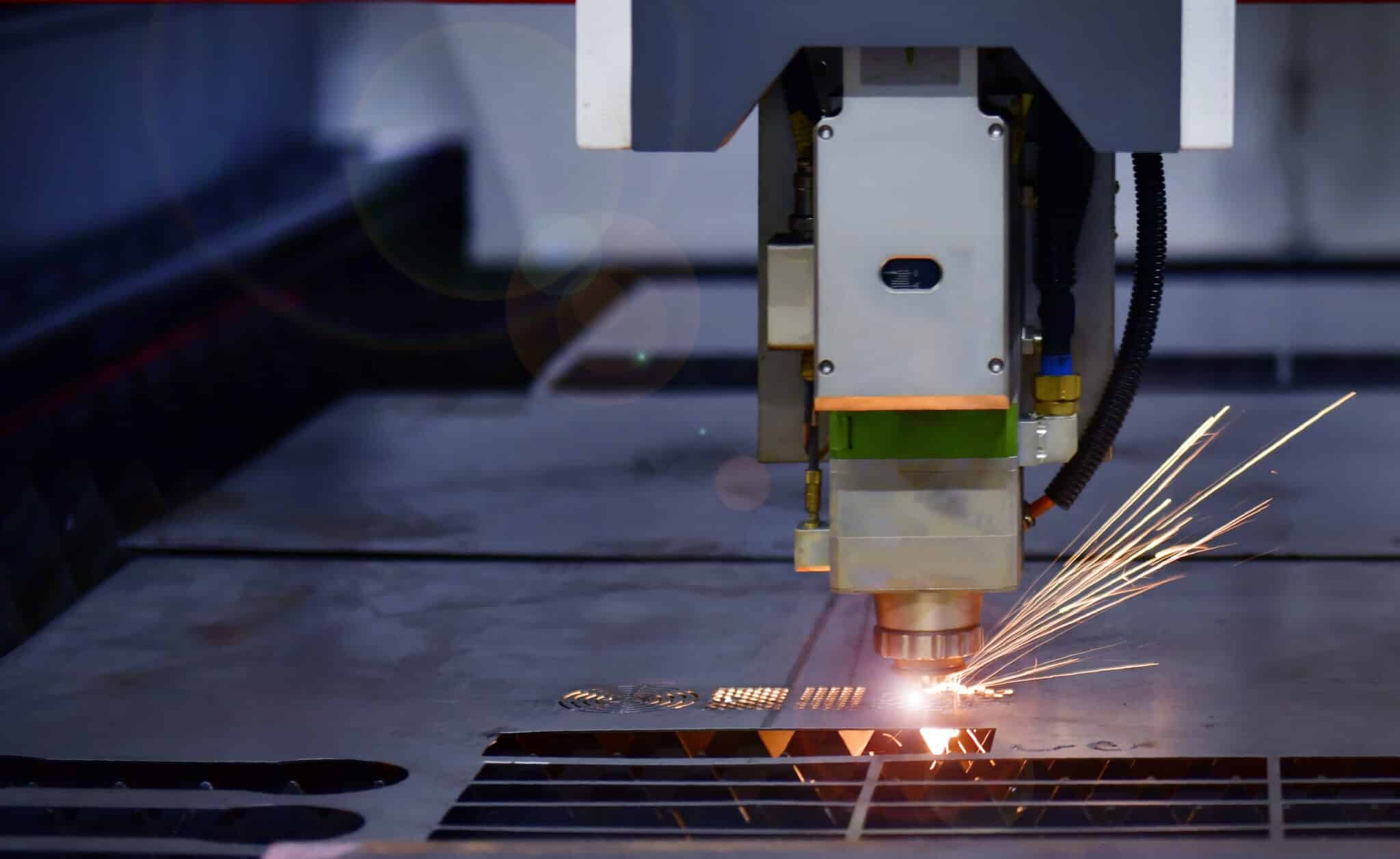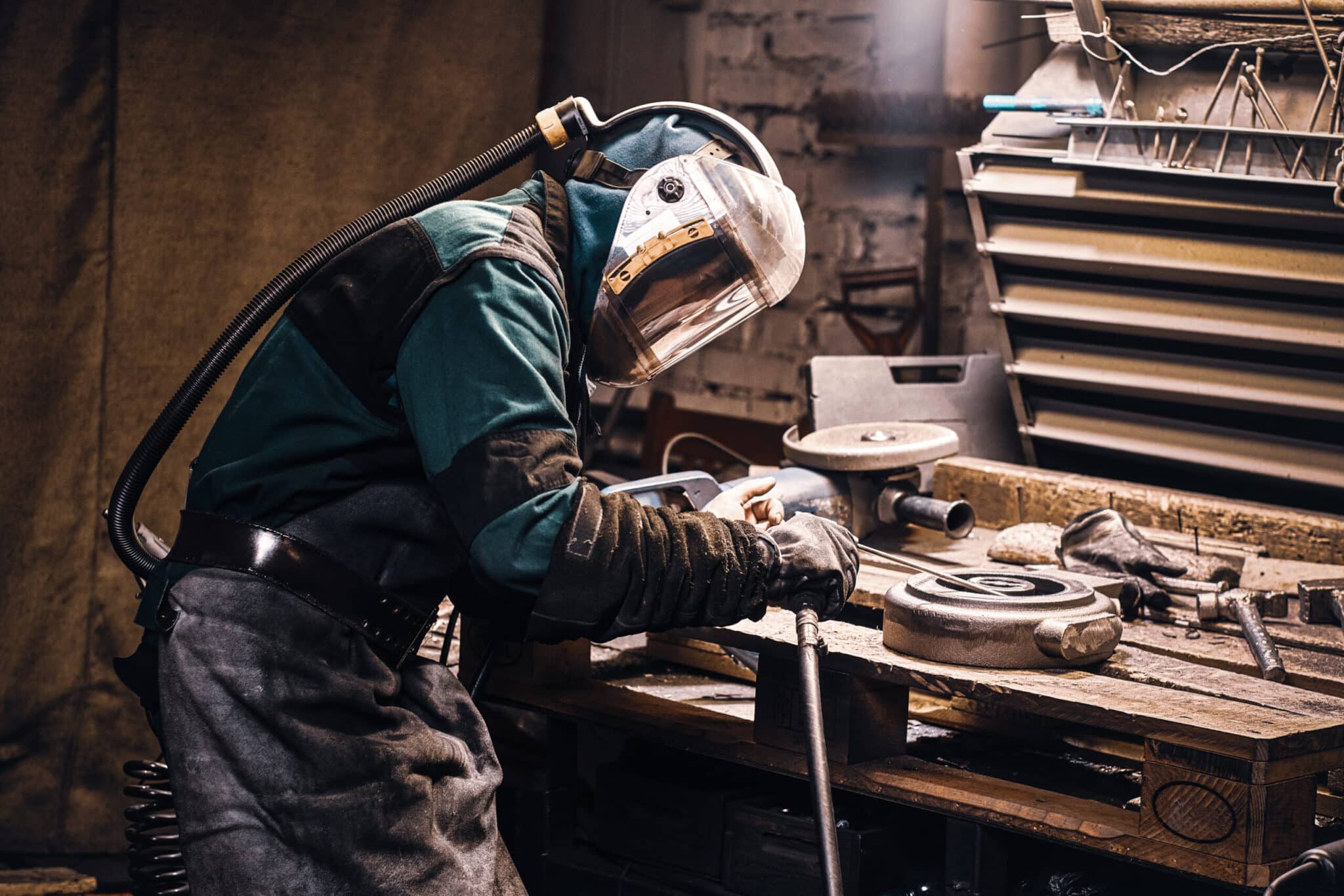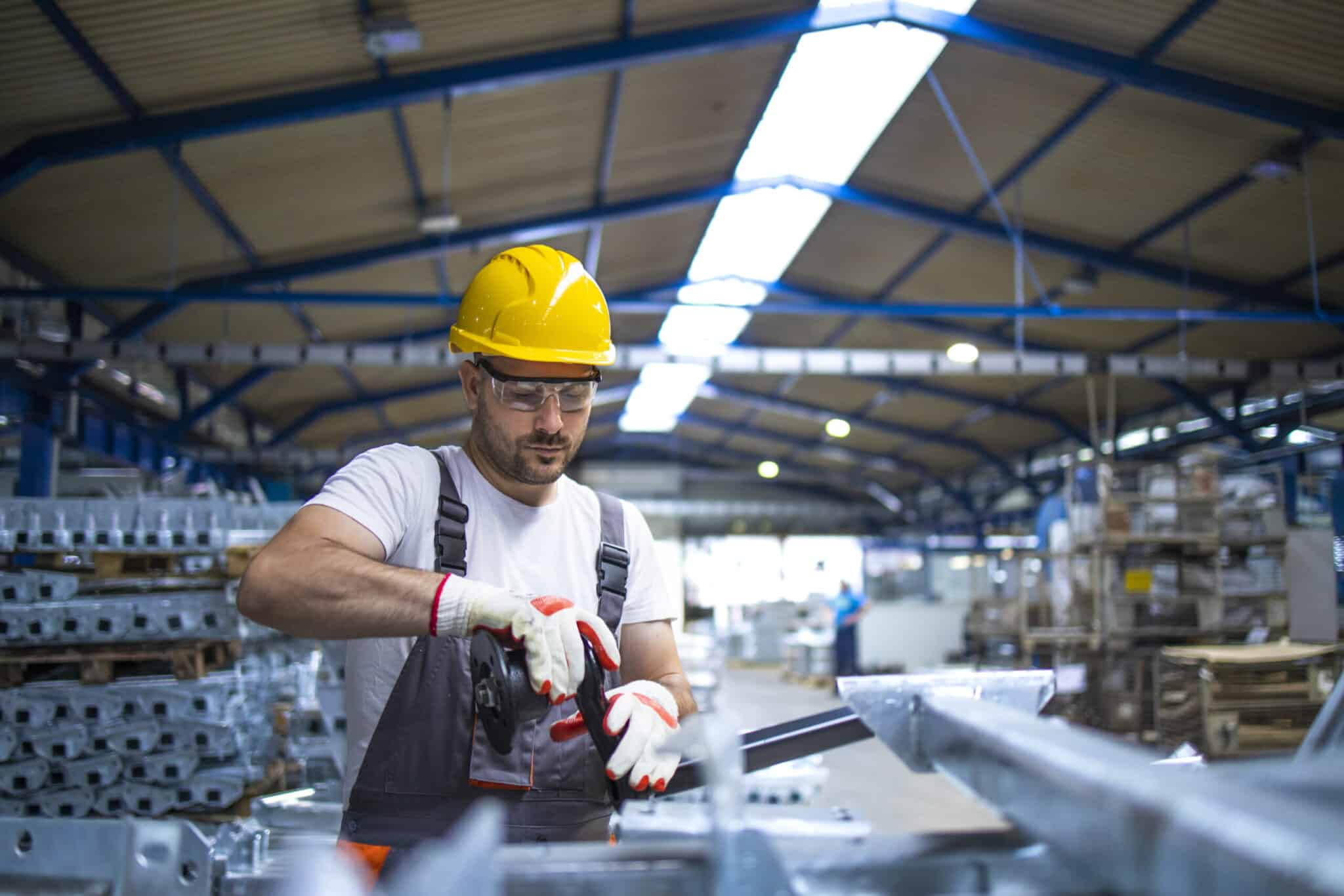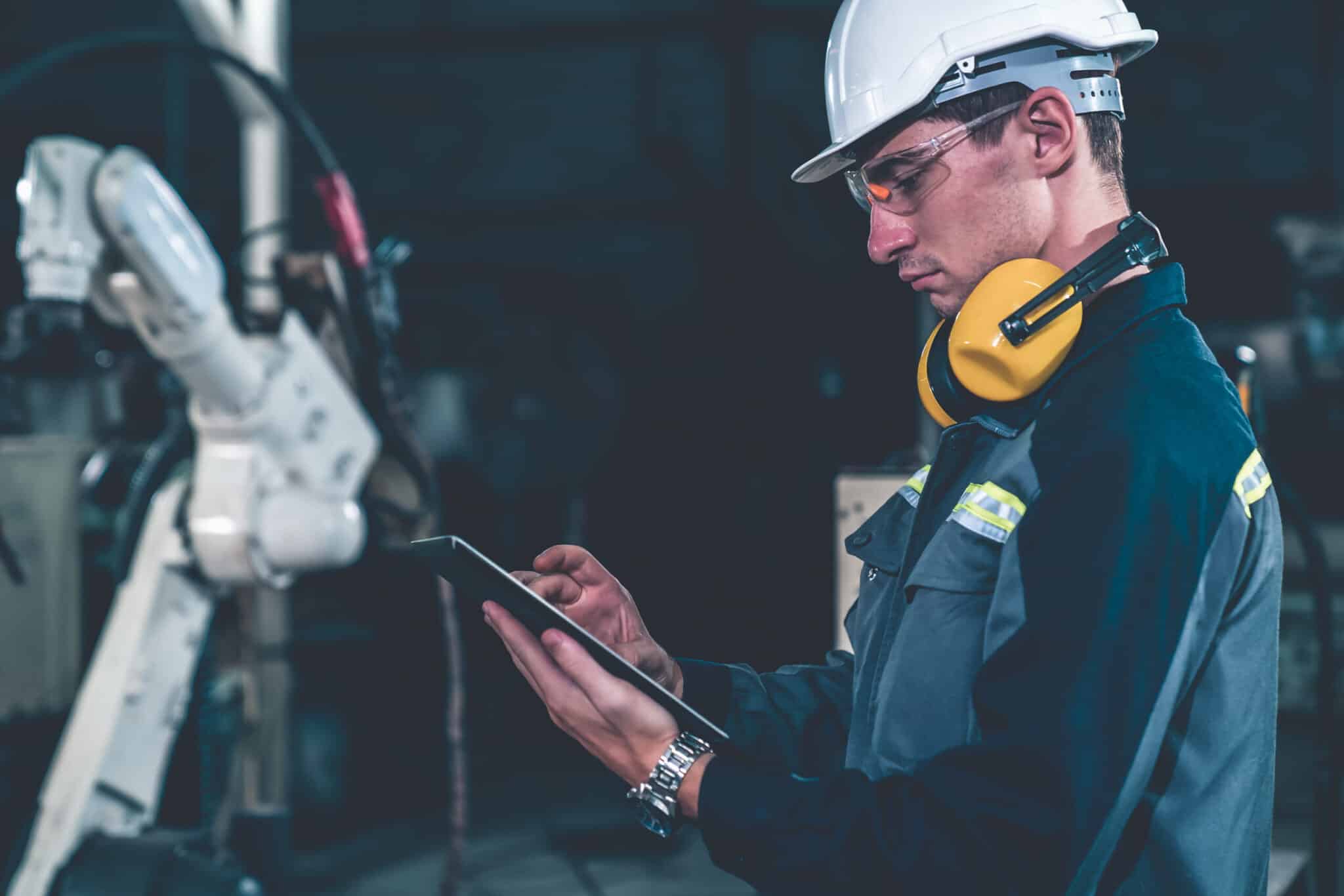If you are in need of high quality industrial rubber products, we can help. Our team of experienced professionals is dedicated to providing excellent customer service and finding the best solutions for your needs.
From conveyor belting and custom gaskets to hydraulic hoses and industrial tires, we have the expertise to help you succeed.



From mold making to machinery parts, rubber is an integral part of our environment. This is precisely why our group offers you a complete solution in industrial subcontracting to carry out your project.
This technique refers to bonding or attaching rubber to metal parts or surfaces. This is often done using adhesives or mechanical fasteners, such as screws or bolts. Bonding rubber to metal is often used in the manufacturing of products that require a combination of the unique properties of rubber (e.g. flexibility, shock absorption) and the strength and durability of metal.


This is the process of cutting or shaping rubber using specialized equipment and techniques. This may be done to create precise shapes or to remove excess material. Rubber cutting and machining can be done using a variety of methods, including waterjet cutting, laser cutting, and CNC machining.
This is a method of molding rubber in which the rubber is placed in a mold and then brought into contact with a surface or shape to be replicated. This is often done using a process called “vacuum forming,” in which the rubber is placed over a heated surface and then vacuum pressure is used to hold it in place while it cools and hardens.


This refers to the process of creating rubber products by forcing the raw rubber material into a mold using either compression or transfer methods. Compression molding involves placing the rubber material into a mold and then applying pressure to shape it, while transfer molding involves injecting the rubber material into a closed mold using a plunger or screw. Both methods are commonly used in the industrial rubber industry to produce a wide range of products, including gaskets, seals, and hoses.
Faced with new requirements in the market and the high level of competition in the manufacturing sector, more and more manufacturing firms are turning to subcontracting in order to lower their production costs, increase their performance or meet greater demand. In this context, the first challenge is generally related to the choice of one’s new partners. And it’s not an easy task to identify subcontractors who actually meet all your particular expectations. The best option is to turn to a cluster of firms specialized in industrial subcontracting.
Whatever your special needs are, we do everything to guarantee your satisfaction.


We apply these when it comes to choosing the partners who join our group, as well as when launching each of our projects so that all customers benefit from them.
The industrial rubber is known for its durability, flexibility, and resistance to wear and tear, making it perfect for products that need to withstand harsh conditions. It’s also able to be molded and shaped into a variety of forms to meet specific needs. Making it a highly versatile quality product.
It’s a very important material used in a wide range of industries; including the car industry, the medical industry and construction. Its unique properties makes it ideal for a lot of different applications.
Natural rubber: This type of rubber is made from the sap of rubber trees and is known for its excellent elasticity and tensile strength.
Synthetic rubber: This type of rubber is made from petroleum-based chemicals and offers a wide range of properties, including excellent resistance to heat and chemicals.
Recycled rubber: This type of rubber is made from used or scrap rubber and is an eco-friendly option for many applications.
Industrial rubber processing is an important part of the manufacturing process for a wide range of industrial products, including conveyor belts, gaskets, industrial hoses, and tires. It requires specialized equipment and expertise to ensure that the products meet the necessary performance and quality standards.
Performance requirements: The specific performance requirements of the application should also be taken into account when selecting the right industrial rubber. For example, if the rubber will be used in a conveyor belt, it is important to have in your inventory a material that has good tensile strength and is resistant to wear and tear.